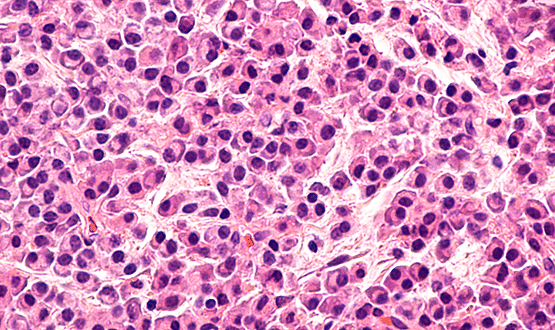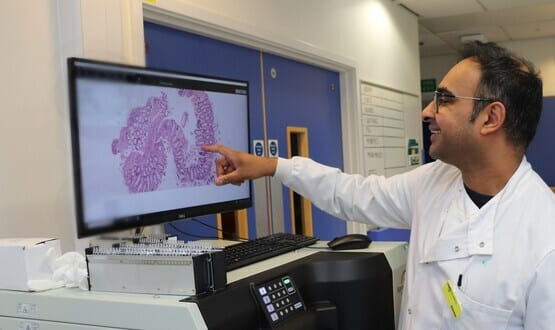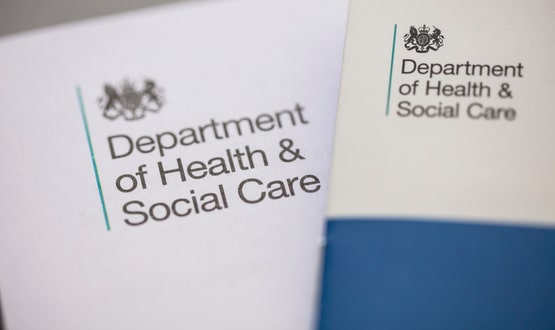DHSC to act on recommendation to increase use of digital pathology
- 9 January 2024

The Department of Health and Social Care (DHSC) has said it will take forward a UK National Screening Committee recommendation to increase the use of digital pathology to examine body tissue samples.
The use of digital images in screening for breast, bowel and cervical cancer will help clinicians to gain second opinions on whether samples obtained are cancerous and enable laboratories to work more efficiently and quickly, including allowing reporting off site. This will make it easier to identify cancer and speed up diagnosis, the government said.
The announcement comes after the NHS expanded the bowel cancer screening programme earlier this month, sending out hundreds of thousands of testing kits for people to use at home to detect cancer at an earlier stage.
The government has also opened 141 community diagnostic centres delivering more than 5 million additional scans, including for cancer, and earlier this year invested a further £10 million for 28 new breast screening units and over 60 life-saving upgrades to services in the areas where they are most needed.
Health Minister Andrew Stephenson said: “We know the earlier cancer is detected, the sooner it can be treated, and the greater the chances of survival and recovery. Cancer is already being diagnosed at an earlier stage more often, and the NHS is seeing and treating record numbers of cancer patients.
“Increased use of digital pathology will help the NHS to go further and faster and provide another weapon in our battle against cancer.”
Screening committee looked at slide imaging evidence
In 2020, the UK National Screening Committee was asked by the National Coordinating Committee for Breast Pathology and the Royal College of Pathologists to consider the evidence regarding the use of whole slide imaging.
This is a technique that allows slides to be reviewed digitally on a computer screen, rather than with a microscope. The technology enables an image of the entire glass slide to be created in high resolution, which can then be stored and viewed on a computer screen or mobile device and saved for later review.
A trial then assessed whether using digital microscopy was as effective as using microscopes and slides for screening samples and, with results confirming it was, the committee agreed it is a safe option to complement or replace light microscopy.
Chair of the UK National Screening Committee Professor Sir Mike Richards said: “We need a high level of evidence when it comes to screening programmes so, alongside the National institute for Health and Care Research, we sponsored vital research to assess the effectiveness of this technique.
Following that research, I’m pleased that the UK National Screening Committee’s recommendation to allow the use of digital pathology has been approved. Its use will support flexibility for pathologists and make sharing samples for second opinions or quality assurance easier and more efficient.“
Some areas of the NHS have been early adopters of digital pathology, but the recommendation, published today and accepted by the government, will allow the roll-out across the NHS.
NHS England is expected to follow by issuing guidance to pathology teams on the best way to use the technology.
The UK National Screening Committee is an independent scientific advisory committee that advises ministers and the NHS across the UK on all aspects of screening. They meet three times a year and consider work undertaken by the sub-groups on various conditions and existing programmes.




